When it comes to making decisions that are more environmentally-conscious, it can feel a bit overwhelming especially when you don’t know where to begin. Every kitchen gathers a good portion of household waste daily. Be it food waste, scraps, grocery bags or takeaway boxes, the amount of trash generated is the most in the kitchen. Additionally, high energy-consuming kitchen appliances as well as the excessive use of water have their own long-term ill effects on the environment. Contrary to what you may think, you don’t have to carry out major lifestyle makeovers to make your kitchen more sustainable. Here are a few easy-to-adopt habits to kick-start your green initiative.
Reduce waste
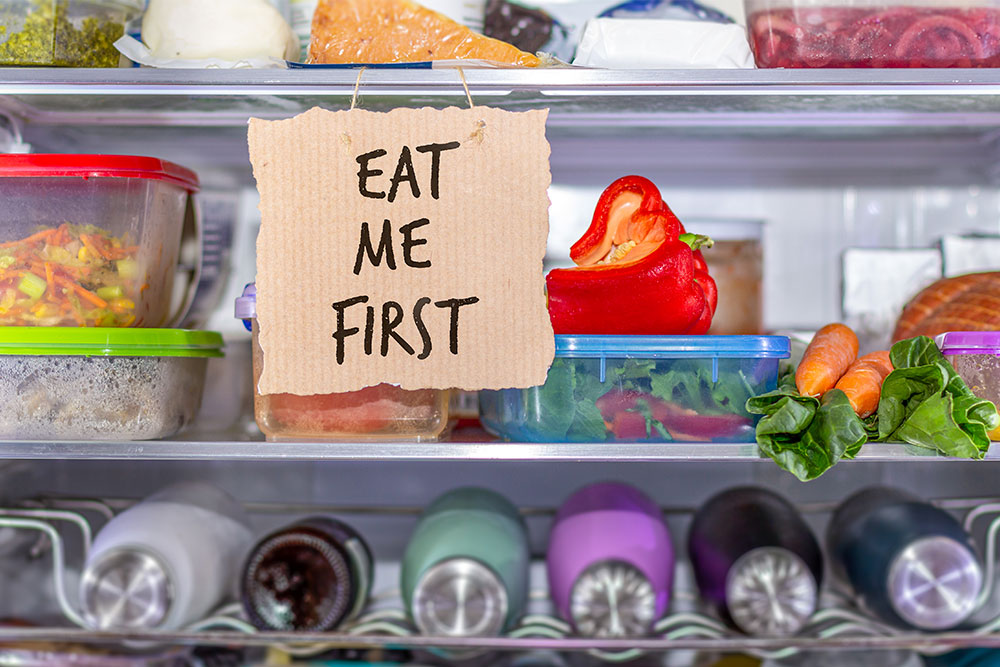
Limit yourself to buying only essential items for the kitchen with a decent shelf life. Buying in excess can lead to wastage of food. But in case there is surplus produce make sure to wash, drain and dry them, chop and store in airtight containers.
Say not to plastic
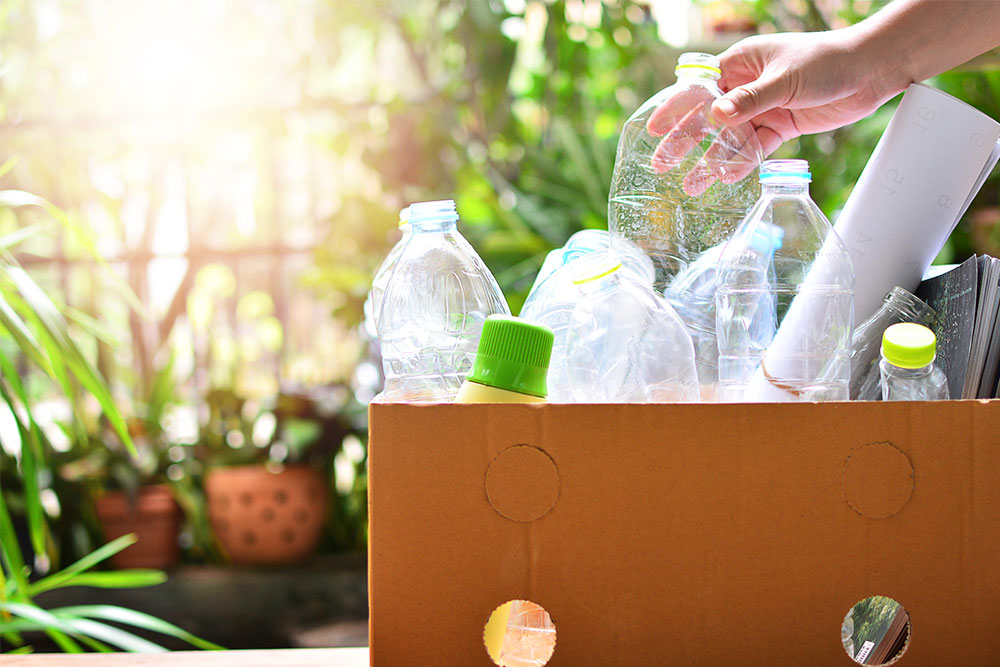
Be it your fizzy-drink bottles or the take-out boxes of your last home-delivered meal, low-grade plastic settlements in your kitchen are inevitable and hoarding these items is criminal. Reusing low-grade plastic ware has detrimental health effects. Avoid buying items that come in this kind of packaging, opt-out of ordering cutlery if you are at home, and use compostable garbage bags. If you find yourself with a lot of plastic in your kitchen, never dispose it off with regular waste. Instead, recycle everything!
Reusable supplies
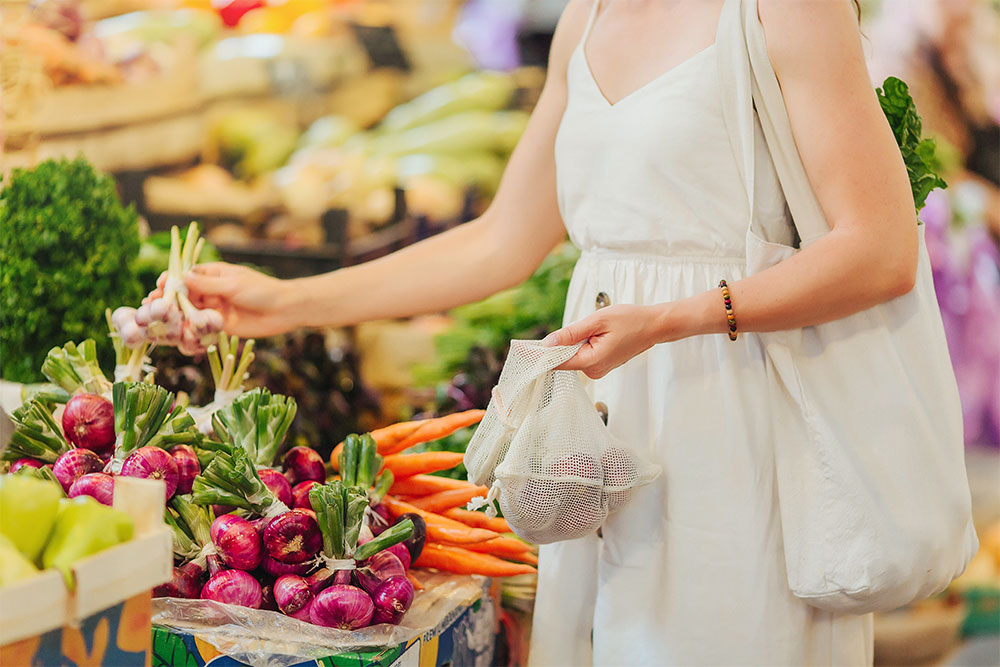
Instead of using single-use tissues or paper towels to clean the kitchen surfaces, make sure to use cloth towels that can be washed and reused. Even if you’re a paper towel user, there are some great sustainable options such as bamboo paper towels. While many shops do not give out plastic bags or charge extra for a paper or cloth bag, it’s best to have your own cloth bag while grocery shopping. Avoid using the small plastic bags provided by the vendors that hold individual produce.
Use natural cleaning products
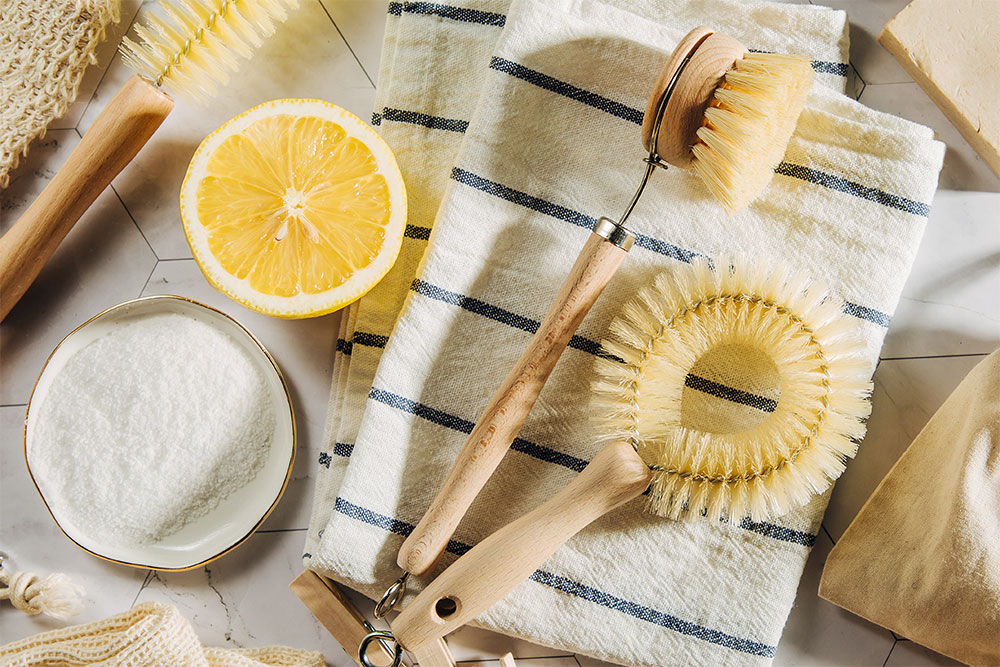
Ditch the plastic scrubber, there are lots of natural and compostable options available that do the same job and are better for the planet. Look for scrubbers made from coconut husk or wooden brushes with replaceable heads. Most kitchen cleaning products and surface disinfectant solutions have chemicals that can infect the waterways. Look for products that are a 100% organic. Stock up on salt, white vinegar, lemon, and baking soda, which can be used as DIY alternatives. These ingredients have little to no ill effects on water and do a wonderful job in cleaning, as well as disinfecting the kitchen surfaces.
Be conscious
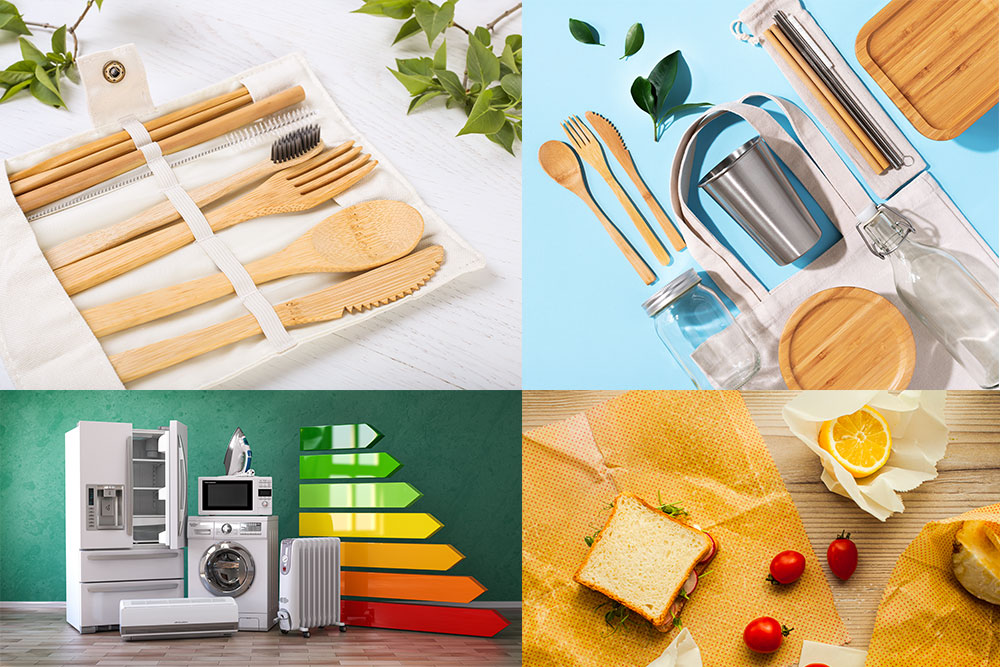
If you’re refurbishing your kitchen from scratch or switching your appliances and kitchen essentials, there are a lot of eco-friendly options to choose from - switch to metal, glass or wooden items, cutlery and storage boxes, and appliances that are energy-efficient with a five-star power consumption rating. Induction stoves are also considered earth-friendly as they are more energy efficient than gas or electric stoves. A great alternative to plastic cling wrap is beeswax wrap, beeswax has natural antibacterial properties and can be used for wrapping lunches, storing food or putting over bowls or containers to store things in the fridge. Most tea bags contain plastic, so a simple switch to a strainer and loose leaf tea makes your daily tea habit that little bit more sustainable.
Compost
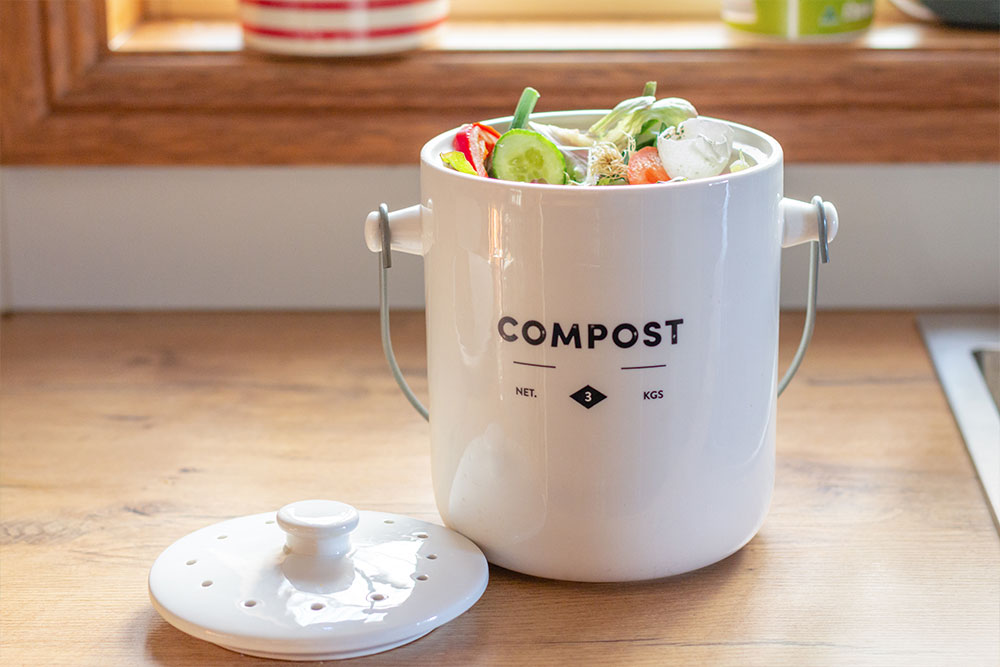
Did you know food and vegetable waste are biodegradable, and with the right planning, can be modified into suitable manure by composting? Even if you don't have a backyard, you can still convert your kitchen scraps into compost for patio containers and planters. Effective methods for composting in a small space include vermicomposting, bokashi, compost tumblers and electric composters